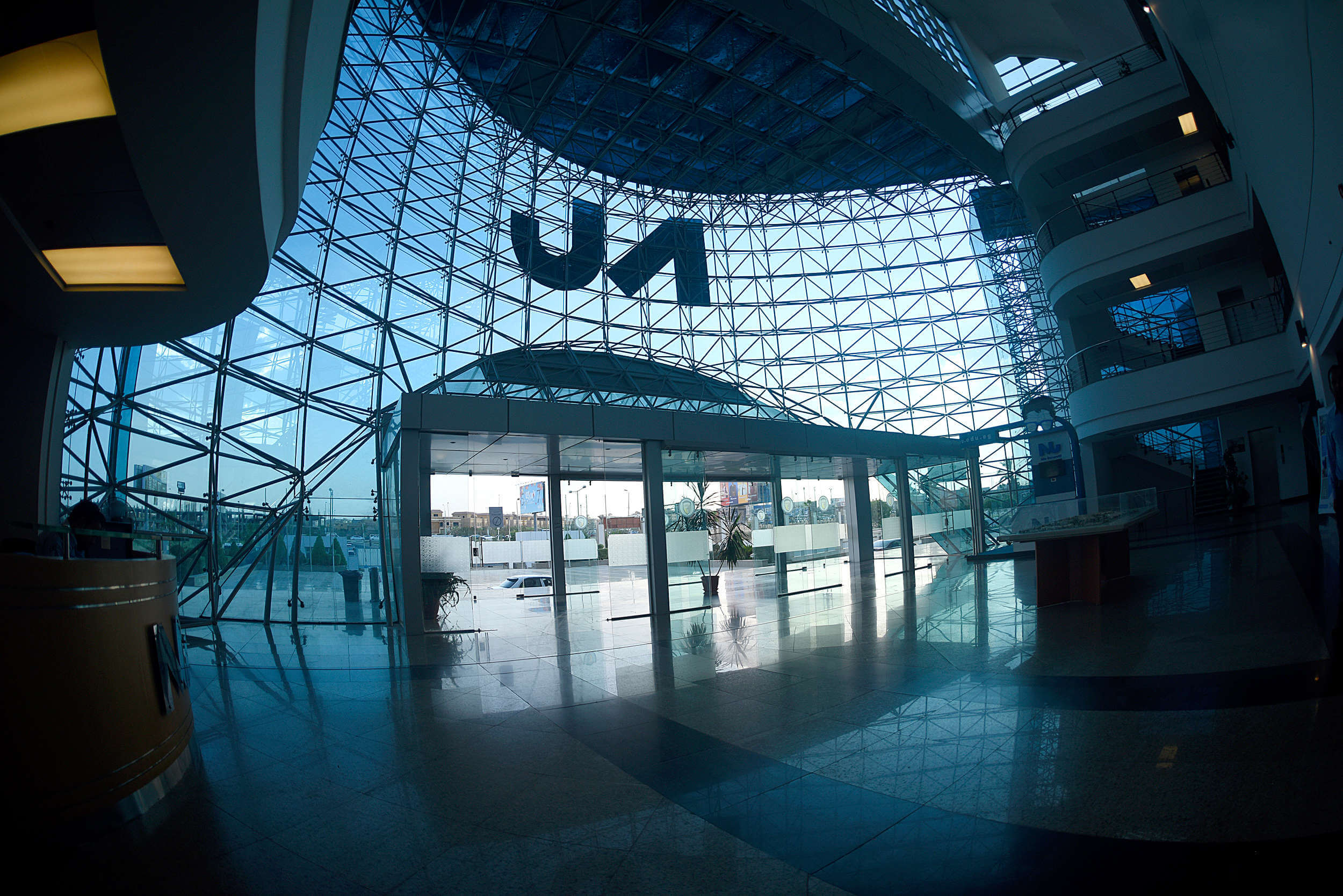Courses
Measurements and Instrumentations
The principles of instrument measurement, the basics of mechanical measurement systems, static and dynamic characteristics of instruments, static analysis of measurement errors, variable conversion elements and signal conditioning and amplification, mechanical measuring instruments, and introduces different types of sensors (like strain, force, pressure, flow, power, temperature)
MNG 361
Automatic Control Systems
Introduction to feedback control systems, System reduction using Block Diagram Representation, and Signal Flow Graph, Analyzing the performance of control systems either in open or closed loops, transient-response analysis and steady state error analysis, frequency response, basic control actions, tuning methods of PID controller, disturbance rejection, system sensitivity to parameter variation
MNG 342
Mechanical Vibrations
Introduction to Vibrations of translational and rotational mechanical systems, Determination of damping coefficients for mechanical systems (Logarithmic Decrement), Forced vibration of undamped and damped systems subjected to harmonic and periodic forces (Fourier Transform), Unbalance of rotating machines, vibrations isolation, and transmissibility, Dynamic response of SDOFS subjected to impulsive
MNG 415
Heat Transfer I
Introduction to the concept of heat transfer, Conduction heat transfer, steady state heat conduction, transient heat conduction, introduction to convection, forced and free convection.
MNG 372
AC Circuits and Electrical Machines
Magnetic Circuit: Ampere’s circuital law, Reluctance & permeance, Analysis of magnetic circuit, Transformers: Single phase transformers, principle of operation, equivalent circuit, and efficiency. Generation of poly phase AC voltages, three phase star- and delta connected supplies, star/delta combinations, four wire star connection. balanced and unbalanced three phase circuits. complex power AC
MNG 333
Computer Aided Design
The software used is representative of that found in industry, Topics including 2-D and 3-D drawing, Assembly, detailed drawing, and Finite Element Analysis (FEA) validation. Design, Make and Test (DMT) project based on local resources and workshop activities.
MNG 323
Practical Training I
A minimum of 3 weeks of practical training in off-campus sites elected by the department. Students are required to submit a recognition letter from the site where they received their training, in addition, a report and a presentation are submitted as well. Course is a Pass/Fail course
MNG 291
Practical Training II
A minimum of 3 weeks of practical training in off-campus sites elected by the department. Students are required to submit a recognition letter from the site where they received their training, in addition, a report and a presentation are submitted as well. Course is a Pass/Fail course
MNG 392
Graduation Project I
Application-oriented capstone project to show competence in major academic area, where an independent research project is conducted under the guidance of a school member in the MENG Department. The research should contribute to the advancement of knowledge in the field. A written report and a formal presentation are required.
MNG 493
Graduation Project II
"Continuation and Completion of the capstone project (MNG 493) where an independent research project is conducted under the guidance of a school member in the MENG Department. The research should contribute to the advancement of knowledge in the field. Written report and formal Presentation are required. "
MNG 494
PLC-based Pneumatics and Hydraulics systems
The energies of electrical, pneumatic and hydro automation (EPH) systems delivery and preparation elements, signal processing and executive elements, structure and principle of operation, the equipment operation algorithm, operations algorithm implementation with pneumatic, hydraulic and electrical rigid logic elements, introduction to the design of the programmable logic controllers (PLCs) and
MNG 462
Signal Processing for Mechatronics Application
Review linear continuous-time signals using Fourier transforms, passive and active continuous filters using op-\ amps; Sampling theory: aliasing, quantization, sampled data systems, and reconstruction methods like cardinal, zero-order hold and interpolators; Z-transform, Discrete-time signals using z-transform, difference equations, and inverse z transform; Filter design for continuous and
MNG 335
Robotics
Modeling, dynamics, and control of Robotic manipulators, Mathematical preliminaries include matrix and vector analysis, basic Kinematics and kinetics, and classical (frequency-based) control theory, Lagrangian dynamics, and modern linear and non-linear dynamical system analysis, introduction to the ROS software development environment.
MNG 363
Logic Design for Mechatronics
Boolean algebra and Logic Gates: Fundamentals and theorems of Boolean algebra, Logic operations, Logic Gates. Simplification of Boolean functions. Combinational Logic: Design procedure, Adders, Subtractors, Binary parallel adders and Subtractors, Decimal adders, Magnitude comparator, Decoders and Encoders, Multiplexers, Read-only-Memory, Programmable Logic Array, Synchronous and Asynchronous
MNG 336
Computer Aided Manufacturing
Introduction To CAM, Fundamentals of CNC, G Code Programming language (Milling- Turning), Automatically Programmed Tools (APT) Language, CNC Machine Simulators Programs, Practical Applications on CAM Software.
MNG 321
Mechatronics systems Engineering
The mechatronics system components, the design principles of using mechatronics to meet functionality requirements of products, processes and systems, Mechatronics design principles, Modeling of electromechanical system, Control applications in mechanical systems, Design of electronic interfaces, Sensor Technology, Signal acquisition, Signal conditioning. Microcontroller-based control. Device
MNG 465

